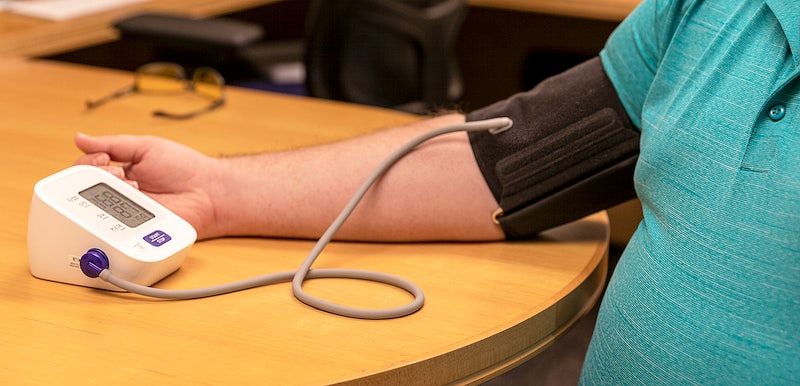Blood pressure is a critical indicator of your overall health. Whether you’re monitoring your own health or supporting a loved one, understanding blood pressure is essential. In this comprehensive guide, we’ll delve into the various aspects of blood pressure, from normal ranges by age to causes of hypertension and practical tips for managing it. We’ll also explore how your diet can play a pivotal role in maintaining healthy blood pressure levels.
What is Normal Blood Pressure by Age? Normal blood pressure varies with age. For adults, a typical reading is around 120/80 mm Hg. However, it’s crucial to know the normal range for your specific age group, as blood pressure tends to change over time.
Why is BP High? High blood pressure, or hypertension, can result from various factors, including genetics, unhealthy lifestyle choices, and certain medical conditions. Understanding the causes is the first step in managing it.
Can Drinking Water Lower Blood Pressure? Staying hydrated is essential for overall health, but while proper hydration is important, it alone may not significantly lower high blood pressure. Other lifestyle changes are typically needed.
What Conditions Raise Blood Pressure? Medical conditions such as obesity, diabetes, kidney disease, and hormonal imbalances can contribute to high blood pressure. Identifying and managing these underlying issues is crucial in hypertension treatment.
How Can I Bring My Blood Pressure Down Quickly? Managing blood pressure usually involves gradual changes, but immediate steps like reducing sodium intake, increasing physical activity, and managing stress can help lower it quickly.
Read Also: Healthy Ways to Achieve Fast Weight Loss
What Are 5 Factors That Cause Blood Pressure to Increase? Several factors can cause blood pressure to rise, including smoking, excessive alcohol consumption, high-sodium diets, stress, and a lack of physical activity.
Can Stress Cause High Blood Pressure? Yes, chronic stress can contribute to high blood pressure. Stress management techniques like meditation and yoga can help mitigate this effect.
Can Lack of Sleep Cause High Blood Pressure? Chronic sleep deprivation can lead to high blood pressure over time. Ensuring a good night’s sleep is vital for maintaining healthy blood pressure.
Who Is Most at Risk for High Blood Pressure? Certain factors, including family history, age, gender, and lifestyle choices, can increase the risk of developing high blood pressure.
What Should You Avoid if You Have High Blood Pressure? To manage high blood pressure, it’s essential to avoid or limit high-sodium foods, excessive caffeine, and alcohol. Smoking should also be avoided.
What Are 3 Symptoms of Hypertension? Hypertension is often called the “silent killer” because it may not show noticeable symptoms. However, symptoms can include severe headaches, fatigue, and chest pain.
What is a Dangerously High Blood Pressure? A dangerously high blood pressure reading is typically classified as 180/120 mm Hg or higher. If you experience such high readings, seek immediate medical attention.
Foods Suitable for High Blood Pressure: Maintaining a balanced diet is crucial for managing blood pressure. Incorporating foods rich in potassium, such as bananas, leafy greens, and sweet potatoes, can help lower blood pressure. Additionally, reducing sodium intake by avoiding processed foods and using herbs and spices for flavoring can be beneficial. Omega-3 fatty acids found in fatty fish like salmon can also contribute to heart health.
Conclusion: Blood pressure management is vital for a healthy life. By understanding the factors that contribute to high blood pressure and making informed choices about diet and lifestyle, you can take proactive steps to maintain healthy blood pressure levels. Regular monitoring, stress management, and a balanced diet can all play pivotal roles in your journey toward optimal health.
